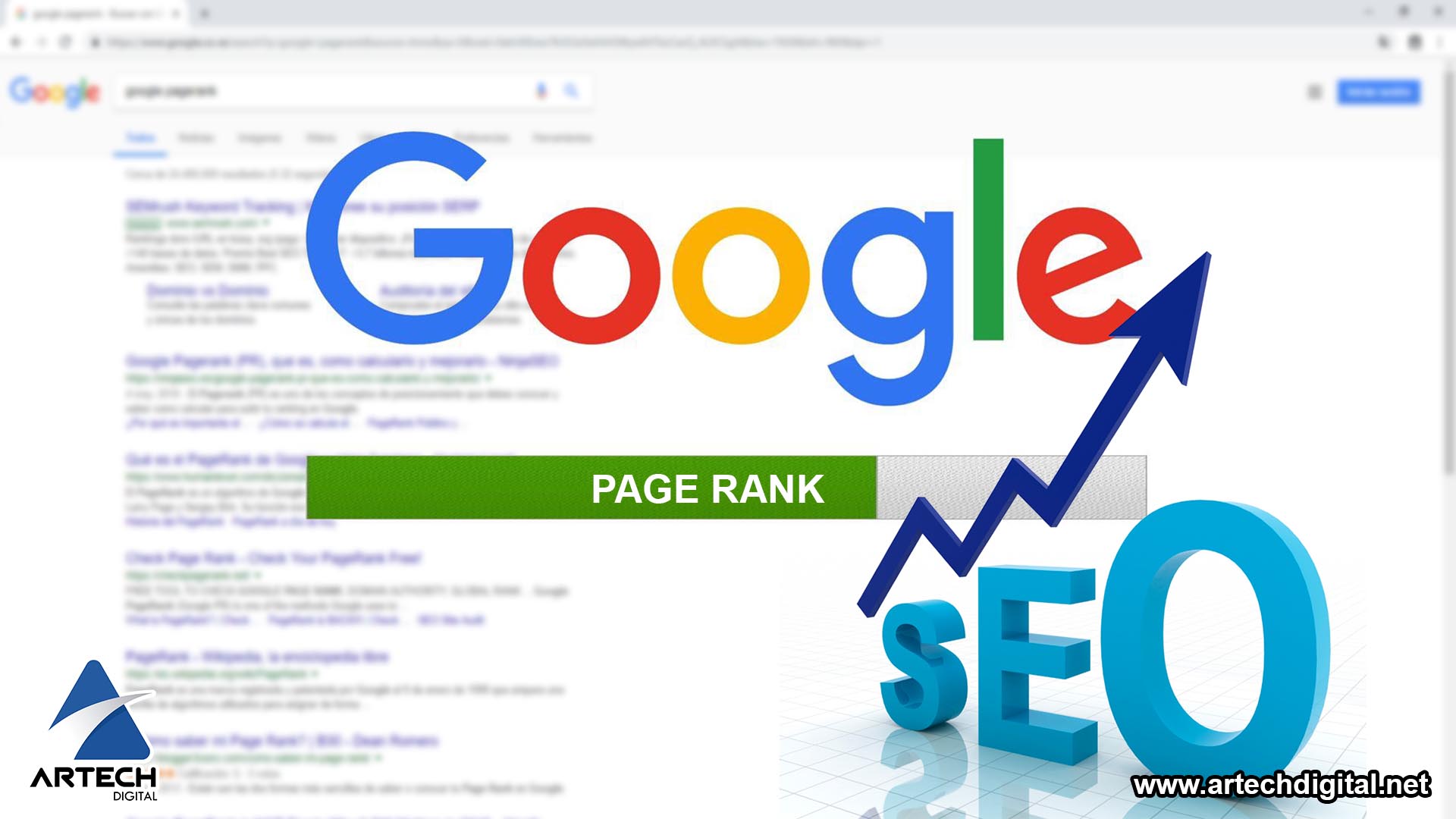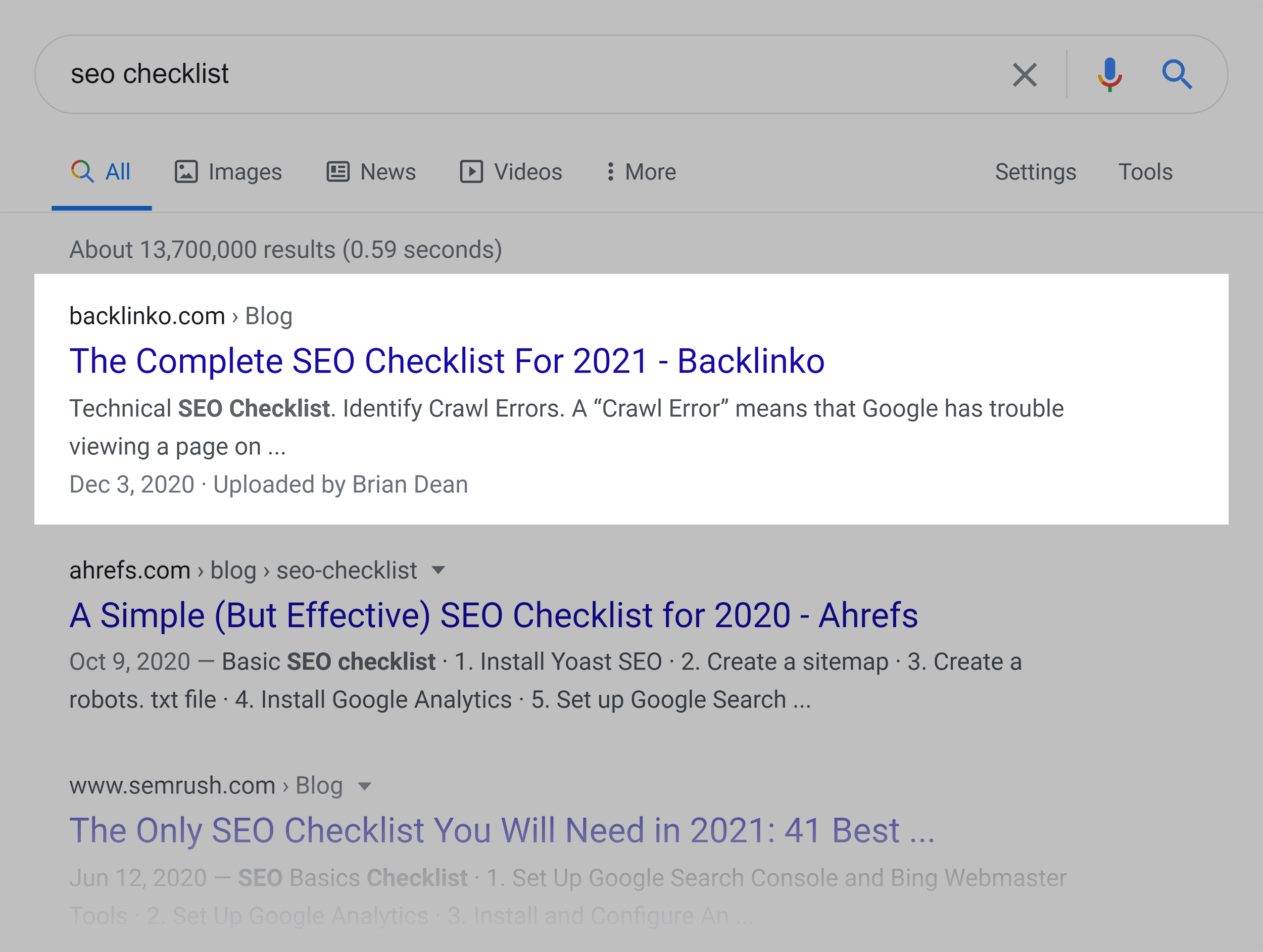Level Up Your SEO Game: How To Improve Your Page Rank On Google
Hey there, fellow digital warrior! If you've been pulling your hair out trying to figure out how to improve your page rank on Google, you're in the right place. In today's ultra-competitive online world, climbing the Google search ladder isn't just a nice-to-have—it's a must-have. Your website's ranking can make or break your visibility, traffic, and ultimately, your success. So, let's dive right in and uncover the secrets to boosting that all-important page rank.
Now, before we get too deep into the nitty-gritty, let's break it down real quick. Page rank on Google isn't just about stuffing keywords or magic tricks—it's all about strategy, consistency, and understanding what Google really wants. Think of it like building a reputation in the digital world. The higher your rank, the more trust you earn with both Google and your audience. And trust me, that trust is golden.
But here's the thing—improving your page rank doesn't happen overnight. It takes time, effort, and a solid plan. In this article, we'll cover everything from the basics to advanced tactics that will help you climb those rankings. So, buckle up, because we're about to take your SEO game to the next level!
- Luke Beasley Partner A Deep Dive Into The Relationship Journey And Impact
- Inger Stevens The Forgotten Star Who Left An Indelible Mark
Table of Contents
- Understanding PageRank
- Key Components of PageRank
- SEO Techniques to Boost Your PageRank
- On-Page SEO Strategies
- Off-Page SEO Strategies
- Technical SEO Essentials
- The Importance of High-Quality Content
- Building a Strong Backlink Profile
- Navigating Google's Algorithms
- Measuring Your Success
Understanding PageRank
Let’s start with the basics, shall we? PageRank is Google's original algorithm for ranking websites. It was developed back in 1996 by Larry Page and Sergey Brin, and it revolutionized how search engines worked. At its core, PageRank measures the importance of a webpage based on the quality and quantity of links pointing to it. Think of it like a popularity contest in the digital world.
But here's the kicker—PageRank isn't just about links anymore. Over the years, Google has evolved its algorithms to consider a wide range of factors, from content quality to user experience. So, while PageRank is still an important concept, it's just one piece of the puzzle when it comes to improving your page rank on Google.
Why PageRank Matters Today
Even though PageRank isn't as straightforward as it used to be, it still plays a crucial role in how Google ranks websites. Here's why:
- Somali Niiko Telegram Your Ultimate Guide To Understanding The Phenomenon
- Danielle Bregoli Nude The Truth Behind The Clickbait And Sensationalism
- It helps Google determine the authority of a website.
- It influences how much "link juice" a site can pass to others.
- It's a key factor in determining where your site appears in search results.
Key Components of PageRank
Alright, so now that we know what PageRank is, let's break down the key components that make it tick. There are several factors that contribute to your page rank on Google, and understanding them is essential if you want to improve your rankings.
Quality Content
Content is king, and for good reason. Google loves websites that offer valuable, relevant, and well-researched content. Your content should answer the questions your audience is asking and provide solutions to their problems. Remember, the more helpful your content is, the higher your chances of ranking well.
Backlinks
Backlinks are like votes of confidence from other websites. When a reputable site links to yours, it tells Google that your content is trustworthy and valuable. But here's the thing—quality matters more than quantity. One high-quality backlink from an authoritative site is worth more than a hundred low-quality links.
User Experience
User experience (UX) is another critical factor. Google wants to ensure that users have a seamless experience when they land on your site. This includes things like page load speed, mobile-friendliness, and easy navigation. If your site is slow or difficult to use, it's going to hurt your rankings.
SEO Techniques to Boost Your PageRank
Now that we've covered the basics, let's talk about the actual techniques you can use to boost your page rank on Google. SEO is a broad field, but there are some tried-and-true methods that can make a big difference.
Keyword Research
Keyword research is the foundation of any successful SEO strategy. You need to know what your target audience is searching for and optimize your content accordingly. Use tools like Google Keyword Planner, Ahrefs, or SEMrush to find the right keywords for your niche.
On-Page SEO
On-page SEO involves optimizing individual webpages to rank higher in search engines. This includes optimizing your titles, meta descriptions, headers, and content for your target keywords. It also involves making sure your site is easy to navigate and mobile-friendly.
On-Page SEO Strategies
Let's dive deeper into on-page SEO. Here are some specific strategies you can implement:
- Optimize Title Tags: Your title tag should include your primary keyword and be compelling enough to encourage clicks.
- Meta Descriptions: Write engaging meta descriptions that summarize your content and encourage users to click through.
- Header Tags: Use header tags (H1, H2, H3) to structure your content and make it easier to read.
- Internal Linking: Link to other relevant pages on your site to improve navigation and distribute link equity.
Content Structure
How you structure your content can have a big impact on your rankings. Use short paragraphs, bullet points, and subheadings to make your content scannable. This not only improves user experience but also helps search engines understand your content better.
Off-Page SEO Strategies
While on-page SEO is important, off-page SEO can make an even bigger impact. Off-page SEO refers to activities outside your website that influence your rankings. Here are some strategies to consider:
- Guest Blogging: Write guest posts for other websites in your niche and include a link back to your site.
- Social Media Promotion: Share your content on social media platforms to increase visibility and drive traffic.
- Influencer Outreach: Collaborate with influencers in your industry to get their audience to engage with your content.
Link Building
Link building is a key component of off-page SEO. The more high-quality backlinks you have pointing to your site, the better your chances of ranking well. But remember, quality over quantity. Focus on getting links from authoritative sites in your niche.
Technical SEO Essentials
Technical SEO is all about making sure your site is optimized for search engines. Here are some essential elements to focus on:
- Site Speed: Make sure your site loads quickly. Slow load times can hurt your rankings and user experience.
- Mobile-Friendliness: With more people using mobile devices to browse the web, having a mobile-friendly site is crucial.
- XML Sitemap: Create an XML sitemap to help search engines crawl and index your site more effectively.
HTTPS
Switching to HTTPS is another important technical SEO factor. HTTPS encrypts data between your site and users, making it more secure. Google considers security a ranking factor, so make sure your site is HTTPS-enabled.
The Importance of High-Quality Content
Let's talk about content quality. Google places a high value on content that is informative, well-researched, and relevant to its audience. Here are some tips for creating high-quality content:
- Answer Questions: Your content should answer the questions your audience is asking. Use tools like AnswerThePublic to find common questions related to your niche.
- Be Original: Avoid duplicating content from other sites. Create original content that adds value to the conversation.
- Stay Updated: Keep your content fresh and up-to-date with the latest trends and information.
Content Length
There's no one-size-fits-all answer to how long your content should be, but generally, longer content tends to perform better in search results. However, quality should always come first. If you can cover a topic thoroughly in 500 words, don't stretch it to 2000 just for the sake of length.
Building a Strong Backlink Profile
Backlinks are one of the most important ranking factors, so building a strong backlink profile is crucial. Here's how you can do it:
- Content Marketing: Create content that others want to link to, such as infographics, studies, or comprehensive guides.
- Broken Link Building: Find broken links on other sites and offer your content as a replacement.
- Resource Pages: Look for resource pages in your niche and pitch your content as a valuable addition.
Anchor Text
Anchor text is the clickable text in a hyperlink. It plays a role in how search engines interpret the link. Use descriptive anchor text that accurately reflects the content being linked to, but avoid over-optimization.
Navigating Google's Algorithms
Google's algorithms are constantly evolving, and staying on top of these changes is essential for maintaining your rankings. Here are some key algorithms to be aware of:
- Panda: Focuses on content quality and penalizes sites with thin or duplicate content.
- Penguin: Targets spammy links and link schemes.
- Hummingbird: Emphasizes understanding the intent behind search queries rather than just matching keywords.
Core Web Vitals
Core Web Vitals are a set of metrics that measure user experience on your site. They include factors like loading speed, interactivity, and visual stability. Optimizing for Core Web Vitals can improve your rankings and user satisfaction.
Measuring Your Success
Finally, let's talk about measuring your success. Improving your page rank on Google is an ongoing process, and tracking your progress is essential. Here are some metrics to monitor:
- Organic Traffic: Keep an eye on how much traffic you're getting from search engines.
- Keyword Rankings: Track your rankings for your target keywords using tools like Ahrefs or SEMrush.
- Bounce Rate: A high bounce rate can indicate that users aren't finding what they're looking for on your site.
Google Analytics
Google Analytics is a powerful tool for tracking your website's performance. Use it to monitor traffic sources, user behavior, and conversion rates. This data can help you identify areas for improvement and refine your SEO strategy.
Final Thoughts
Improving your page rank on Google requires a combination of strategies, from optimizing your content to building a strong backlink profile. Remember, SEO is a marathon, not a sprint. Consistency and patience are key. By following the tips and techniques outlined in this article, you'll be well on your way to boosting your rankings and achieving long-term success.
So, what are you waiting for? Start implementing these strategies today and watch your page rank soar. And don't forget to leave a comment or share this article if you found it helpful. Your feedback means a lot to us, and it helps us improve too!
- Most Liberal Musicians The Voices Of Change In The Music World
- Jay Harrington Children The Untold Story Of A Hollywood Icons Family Life

How to Improve Your Google Rankings (Without Getting Penalized)

Perfect Info About How To Boost Your Google Page Rank Officermember29

How To Improve Page Rank Google Soupcrazy1